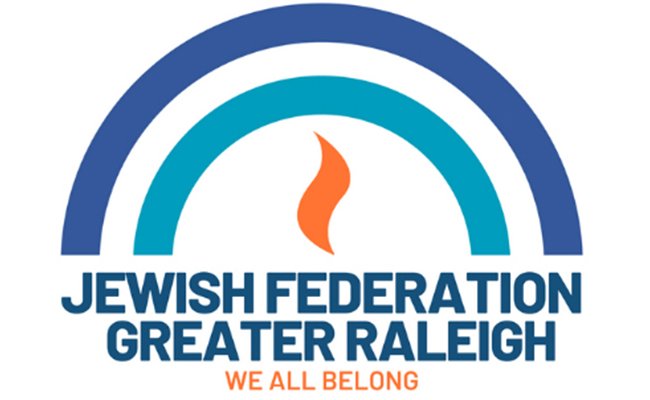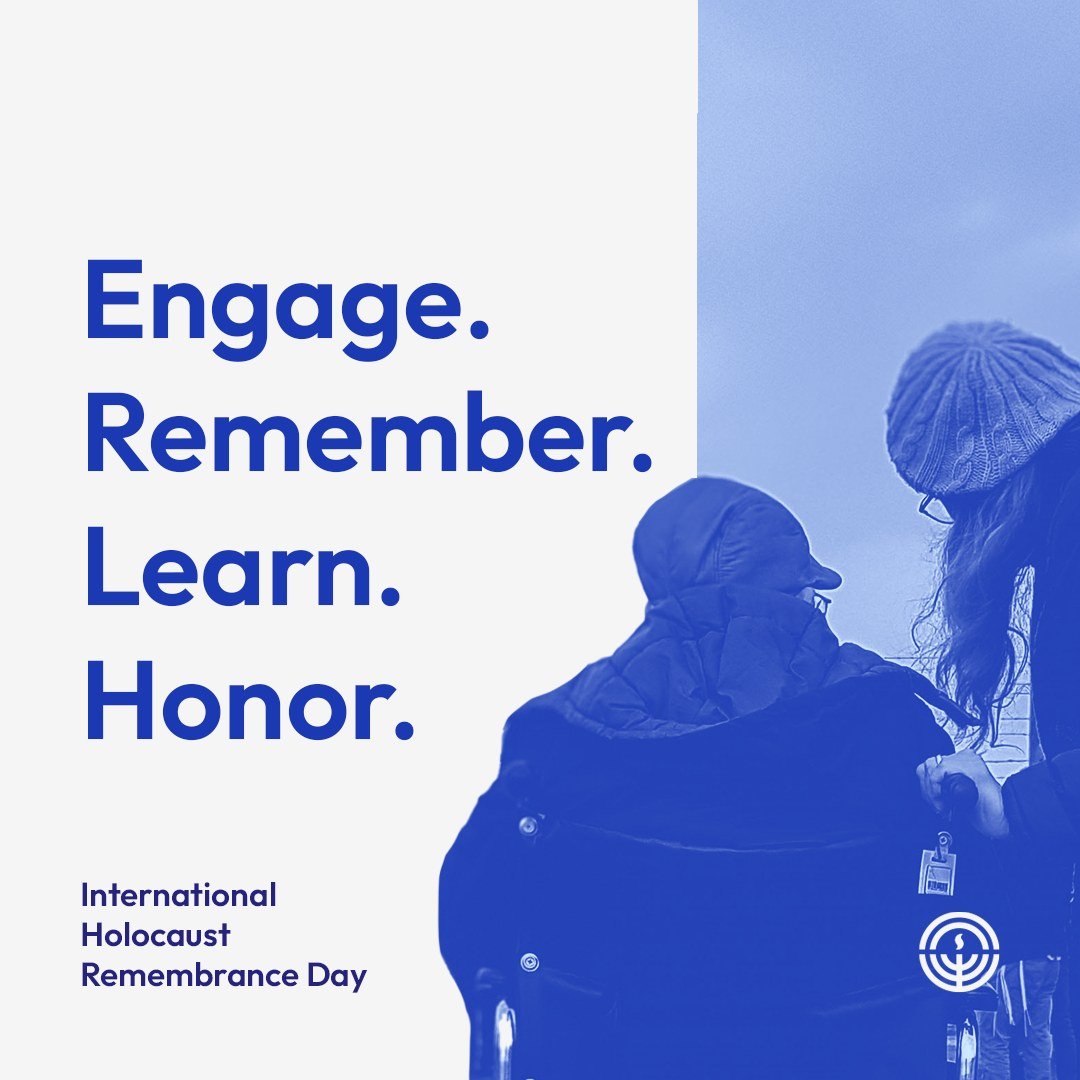Sysco Holds Panel Discussion for Holocaust Remembrance Day
On January 27, International Holocaust Remembrance Day, Sysco Corporation and the North Carolina Council on the Holocaust hosted a panel discussion for all its North Carolina-based employees on the values of inclusion, diversity and antisemitism.
Dr. Zohara Boyd, a Holocaust survivor, was the keynote speaker. Dr. Boyd is a frequent speaker on the North Carolina Council on the Holocaust’s Speakers Bureau. Dr, Boyd spoke about her fight for survival during the Holocaust. Dr. Boyd told the audience about life in the ghetto, how her parents and she escaped from the ghetto, and what it was like hiding in plain sight.
Also speaking on the panel was Albertia Burgess, a social studies and history high school teacher in Onslow County. She explained how the Holocaust motivated her to look beyond her humble beginnings to achieve great things.
Michael Abramson, Chairman of the North Carolina Council on the Holocaust, was the third speaker. He spoke the current situation of racial and antisemitic events in the public schools.
There was a healthy exchange of questions and answers following the talks. Here are some highlighted questions and answers:
Why is it important for us to talk about the Holocaust when World War II ended almost 78 years ago?
Mike Abramson: The lessons from the Holocaust teach us the values of plurality, democracy, and inclusion. We must show students and the community that we are stronger together as a country, rather than if we fight among each other and ignore the resources of others.
What is the greatest challenge the Holocaust Council has in educating students?
Michael Abramson: We do not have the resources in schools to teach our students. We do not have the schoolbooks. Our teachers need to learn the facts about the Holocaust. Unfortunately, our Holocaust Council does not have the funds to always help our teachers. The passage of the Holocaust Education Acct is an incredible accomplishment. This legislation mandates that the Holocaust be taught in the public schools. This also presents us with our greatest challenge to date, which is to raise funds to supplement the grant from the North Carolina General Assembly to train the teachers on the historical timeline of the Holocaust and how to teach the Holocaust to their students.
Are teachers on-board in teaching the lessons learned from the Holocaust?
Albertia Burgess: Mostly yes, but many of our teachers do not have the knowledge and facts about the Holocaust. Our Holocaust Council hopes to host more workshops to bring teachers together to learn and discuss how to teach the lessons learned from the Holocaust. The teachers do not have enough books and resources to teach the curriculum the Holocaust Council has created.
How can we change the climate of hate and segregation in country?
Dr. Zohara Boyd: We need honest journalism to publicize negative forces in our country that have hijacked our desire to build a better nation. We need to show the public how a united community can produce positive results. We need to call out bigots and racists. Be an Upstander and not a Bystander!
How did the study of the Holocaust change your life?
Albertia Burgess: I realized that others had survived ghettos and hatred to go on and achieve a better life. Holocaust survivors wanted the most out of life and went to school to study and then accomplished great things. I realized that I could do that, too. The North Carolina Council on the Holocaust gave me a free three-night/four-day trip to the Holocaust Museum and the African American Museum in Washington where I studied and learned. The North Carolina Council on the Holocaust sent me to workshops and webinars where I learned how to teach the Holocaust and the lessons from the Holocaust.
What is happening with the Holocaust Education Act?
Michael Abramson: The North Carolina Council on the Holocaust led the way to pass a legal mandate for public schools in North Carolina to teach the Holocaust. This is monumental. Only 19 other states have such legislation. The Holocaust Council has completed writing the curriculum and will begin an intensive and comprehensive professional development campaign to teach teachers how to teach the Holocaust to their students. The Holocaust Council plans to implement the curriculum in every middle and high school in the state in the Fall Semester of 2023. It is with gratitude and thanks to the Sysco Corporation for their friendship and financial support and for their employees to desire to learn more.
This guest post is courtesy of Michael Abramson. For more information on the Holocaust Education Act and the North Carolina Council on the Holocaust, contact him at mabramson919@gmail.com.

